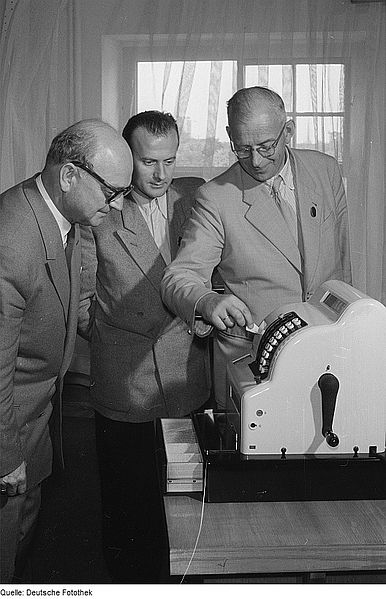The Internet has destroyed several industries with its creative destruction and will level many more, but we’ve all benefited from it in numerous ways. But how do we quantify those benefits? The opening of a new Economist article that tries to do just that:
“WHEN her two-year-old daughter was diagnosed with cancer in 1992, Judy Mollica spent hours in a nearby medical library in south Florida, combing through journals for information about her child’s condition. Upon seeing an unfamiliar term she would stop and hunt down its meaning elsewhere in the library. It was, she says, like ‘walking in the dark.’ Her daughter recovered but in 2005 was diagnosed with a different form of cancer. This time, Ms Mollica was able to stay by her side. She could read articles online, instantly look up medical and scientific terms on Wikipedia, and then follow footnotes to new sources. She could converse with her daughter’s specialists like a fellow doctor. Wikipedia, she says, not only saved her time but gave her a greater sense of control. ‘You can’t put a price on that.’
Measuring the economic impact of all the ways the internet has changed people’s lives is devilishly difficult because so much of it has no price. It is easier to quantify the losses Wikipedia has inflicted on encyclopedia publishers than the benefits it has generated for users like Ms Mollica. This problem is an old one in economics. GDP measures monetary transactions, not welfare. Consider someone who would pay $50 for the latest Harry Potter novel but only has to pay $20. The $30 difference represents a non-monetary benefit called ‘consumer surplus.’ The amount of internet activity that actually shows up in GDP—Google’s ad sales, for example—significantly understates its contribution to welfare by excluding the consumer surplus that accrues to Google’s users. The hard question to answer is by how much.”

